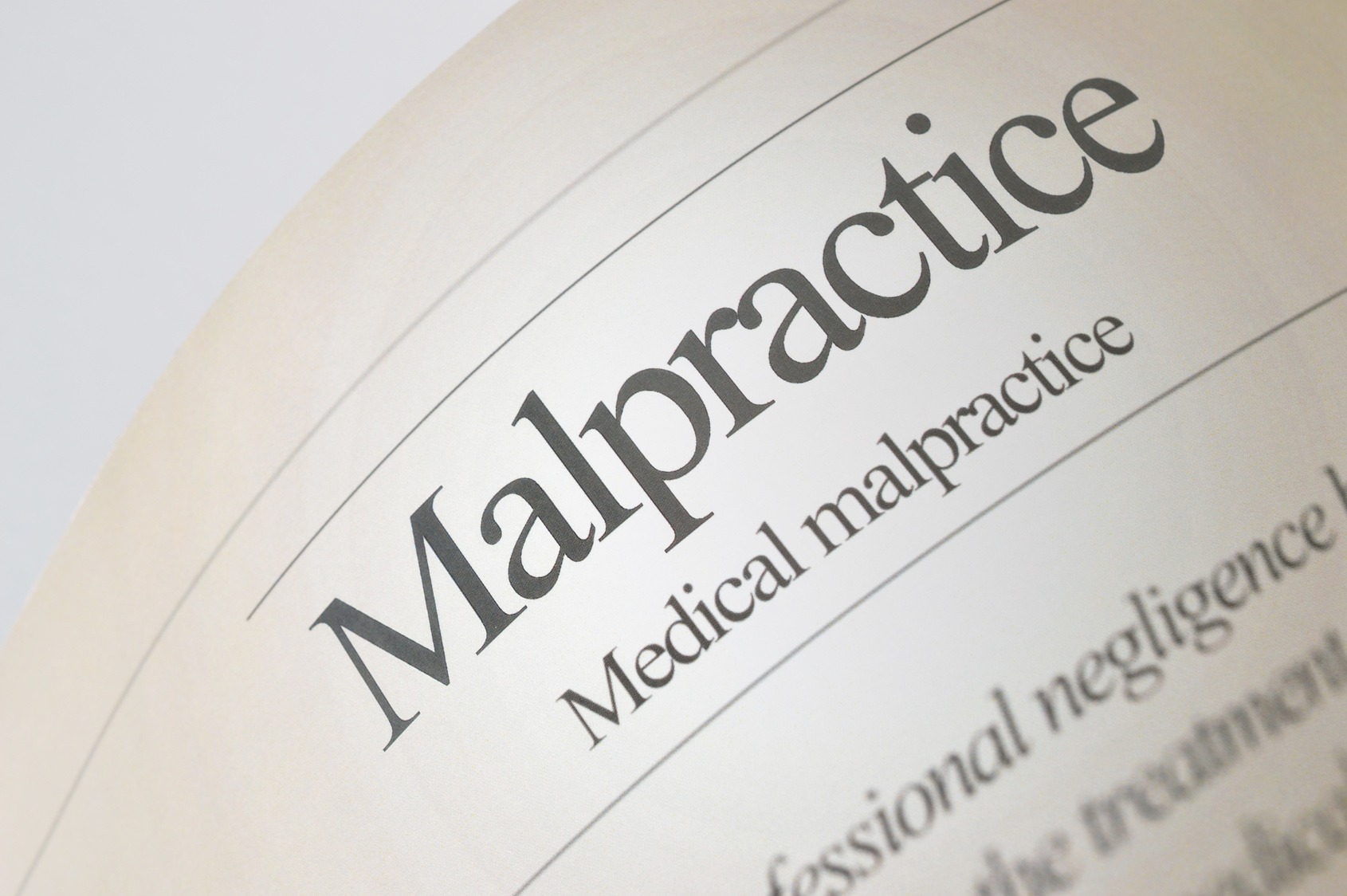 Learn the definition of loss of consortium in the context of medical malpractice law.
Learn the definition of loss of consortium in the context of medical malpractice law.
Loss of consortium refers to the inability of a medical malpractice victim to have a healthy marital relationship following their injury. Many people use “loss of consortium” interchangeably with “loss of sexual pleasure” or “loss of sexual function,” but the term is more comprehensive to refer to any loss of a spouse’s ability to fulfill the expectations of a marital relationship.
In the context of a medical malpractice lawsuit, loss of consortium is considered a non-economic damage, meaning it is not tied to actual financial depletion. Even though the loss of consortium does not involve monetary loss, you are still eligible to recover compensation for it, though many states cap non-economic damages in medical malpractice cases.
A medical malpractice lawyer can go over the rules in your state and what to expect. Call 888-526-8947 for a free case evaluation.
Examples of Loss of Consortium
The most common example of a loss of consortium and the one that comes to most people’s minds who are familiar with the term is the loss of sexual intimacy within a marital relationship.
To give an example, suppose a man goes in for a vasectomy, and the doctor ruins the procedure and costs the patient erectile function. Since he and his wife can no longer enjoy the sexual relationship they had before, he has grounds to recover loss of consortium damages in a malpractice lawsuit against the doctor.
More Than Just Sexual Intimacy
In a situation such as this one, the damage to the couple’s relationship might go deeper than the loss of the physical act of intimacy. The husband, for example, may develop depression over his inability to perform. The onset of the husband’s depression may cause the relationship may deteriorate further, and the husband may stop fulfilling other expectations of a spouse, such as providing love, care, and affection. This also qualifies as a loss of consortium.
Economic vs. Non-Economic Damages
Since it does not involve monetary depletion, loss of consortium is a non-economic damage. Damages that are economic in nature include items such as medical expenses, lost wages, reduced earning capacity, and prescription drug costs — things that either cost money or prevent you from earning money you otherwise would have received.
Most states do not cap economic damages in medical malpractice cases, but they do place limits on non-economic damages to keep malpractice insurance and health care costs down. A medical malpractice lawyer can explain the rules of your state and help you recover the most in non-economic damages you can.
Call 888-526-8947 for a Free Medical Malpractice Case Evaluation with Newsome | Melton
The medical malpractice lawyers at Newsome | Melton want to help you recover damages for injuries resulting from a health care provider’s negligence. We are eager to speak with you and get started on your case. For a free case evaluation, call our office today at 888-526-8947
Loss of Consortium - Frequently Asked Questions

Most medical malpractice cases settle out of court. In many situations, reaching an out-of-court settlement benefits both the defendant and the plaintiff. The plaintiff gets paid faster without having to wait for their case to travel through the legal system. The defendant might also benefit from settling. By settling, a doctor or healthcare provider avoids
Read More
A person with locked-in syndrome can see, hear, think clearly, recognize faces, and understand everything that is going on around him or her. But aside from the muscles controlling the eyes, he or she cannot move a single body part, nor can he or she speak or even breathe without assistance. Locked-in syndrome is one
Read MoreLoss of Consortium - News Articles

On March 28, 2011, 17-year old Jennifer Olenick underwent a routine wisdom tooth extraction procedure. While that sounds typical and seemingly ordinary, Jennifer wound up entering a coma and dying ten days later. According to the Baltimore Sun, “[a]n autopsy report showed she died because of a lack of oxygen to her brain during surgery.”
Read More
Toniquea Rivers was just seven months into her pregnancy when she was rushed to the Saint Francis Medical Center in Trenton, NJ. Rivers’ doctors found that her baby was in distress and scheduled an emergency caesarean section for that day. Her baby boy, Zion Rivers, was successfully delivered on January 27, 2012 by C-section. Soon
Read More